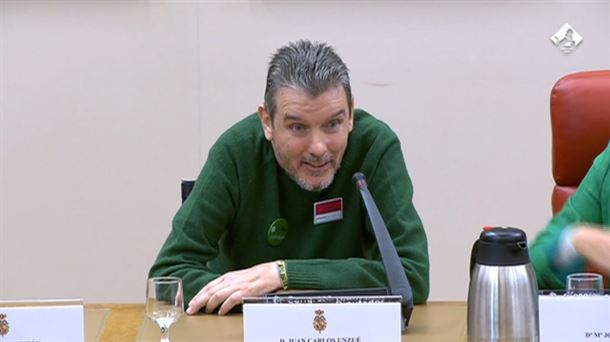The ÖVP excludes cooperation with the FPÖ under Kickl – as do all other parties. A year before the elections for the National Council, forming a coalition is proving particularly difficult: no one wants to be with anyone. An overview.
If everyone keeps their word, forming a government after the next election could become complicated, if not impossible. ÖVP boss and chancellor Karl Nehammer has categorically ruled out a coalition with the FPÖ led by Herbert Kickl. However, the FPÖ is currently the clear number one in the polls. If the Freedom Party wins the election, it is hard to imagine them ousting their party leader to run for government. They will not repeat the mistake made in 2000 under Jörg Haider.
‘FPÖ is the only closed party’
The political experts Kathrin Stainer-Hämmerle and Peter Filzmaier see it this way in an interview with the “Krone”. “The FPÖ is the only closed party of the three major parties,” said Filzmaier. And the polls spoke for the FPÖ, Stainer-Hämmerle emphasises. She regards the current blockades as fatal. “The ‘we can do it’ feeling is missing, which fuels even more dissatisfaction among the population. The mutual exclusion of coalition variants has not only made the ÖVP. The new SPÖ chairman Andreas Babler wants neither the PVV nor the People’s Party.”
“The ÖVP is called upon to be able to rule again,” he recently said in krone.tv’s summer talk. The SPÖ hopes for a traffic light coalition with the Greens and the Neos. The problem with this: firstly, according to surveys, this is not mathematically possible, and secondly, for Neos boss Beate Meinl-Reisinger, it is also not possible in terms of content. There is no question of a wealth tax for the liberal Pinken, and Meinl-Reisinger even calls the 32-hour working week demanded by Babler “madness”.
So far greens have left almost everything open
Wealth tax is also on the wish list of the Greens. So far, the eco party has not started color games. Only a collaboration with the blue is excluded. Only Social Affairs Minister Johannes Rauch has expressed his preference for traffic lights. However, he will retire after this legislature and will no longer have a say. In any case, for Filzmaier, it is true that the ÖVP makes a decision long before the election in order to avoid a cacophony of votes in the party.
According to both experts, the problem with Kickl’s exclusion is credibility. Because before the state elections, the ÖVP ruled out a coalition with the FPÖ in both Lower Austria and Salzburg, but did exactly that after the elections. And of course you also serve the “Favourite FPÖ story: We are the excluded and the others are undemocratic,” says Stainer-Hämmerle.
Source: Krone
I am Ida Scott, a journalist and content author with a passion for uncovering the truth. I have been writing professionally for Today Times Live since 2020 and specialize in political news. My career began when I was just 17; I had already developed a knack for research and an eye for detail which made me stand out from my peers.



